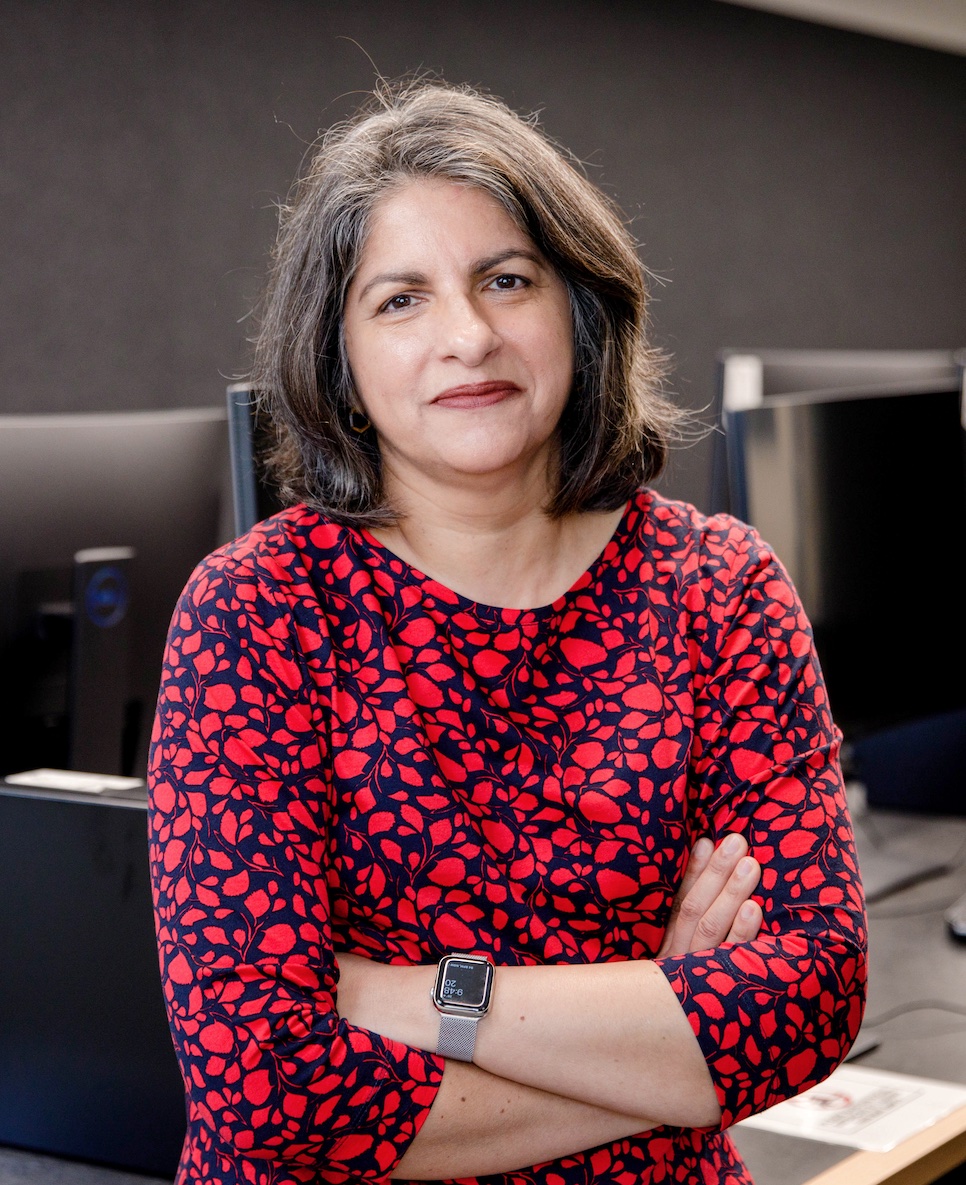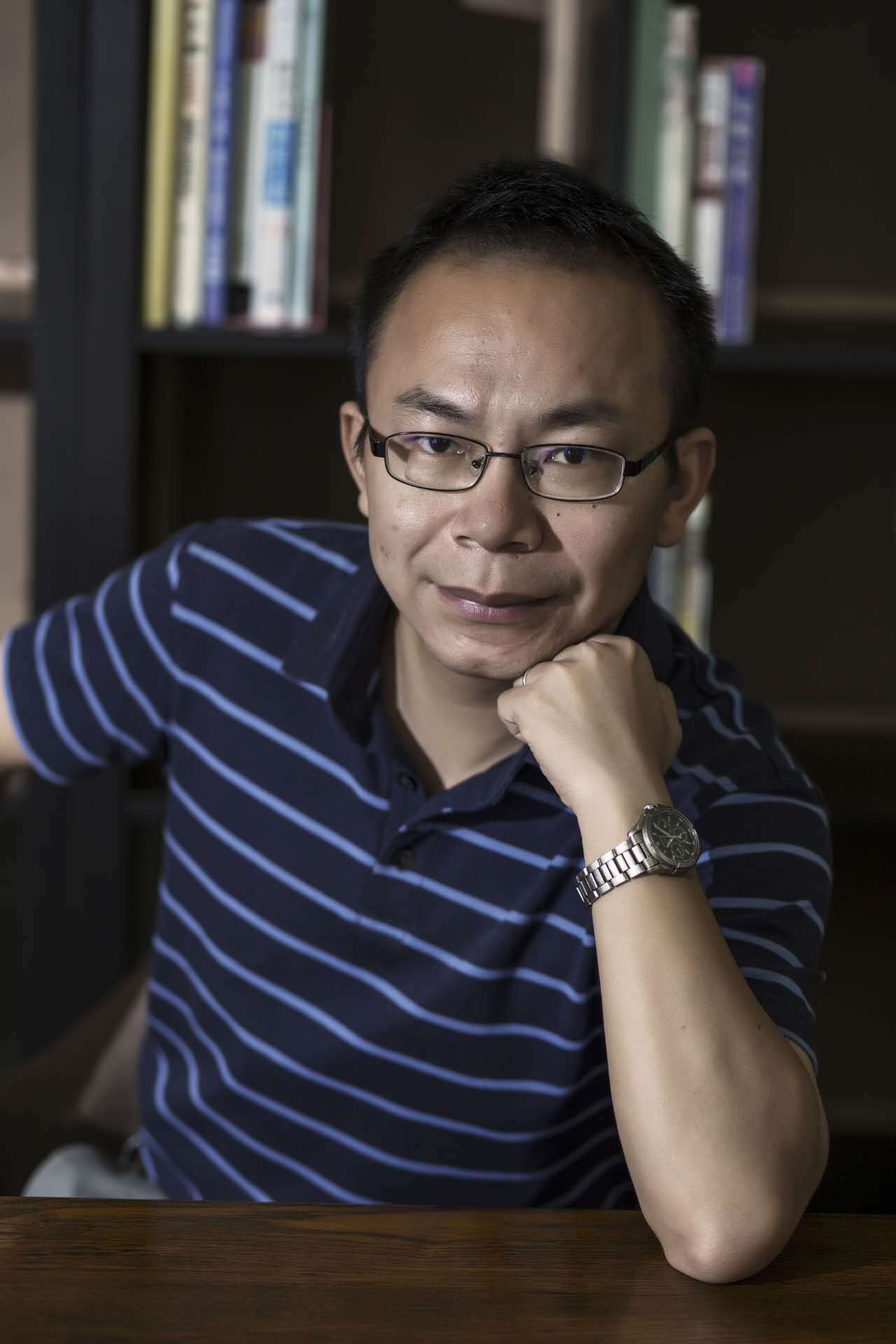
University of Technology Sydney, Australia
Title: Fuzzy Transfer learning
Abstract: The talk will present the concept, methodology and algorithms of Cross-Domain Fuzzy Transfer Learning and how the new techniques can autonomously and effectively learn from data to support data-driven prediction and decision-making in uncertain, complex and dynamic situations. It will firstly present single-source autonomous fuzzy cross-domain adaptation methods and then multi-sources autonomous fuzzy cross-domain adaptation methods.
Bio: Distinguished Professor Jie Lu is a world-renowned scientist in the field of computational intelligence, primarily known for her work in fuzzy transfer learning, concept drift, recommender systems, and decision support systems. She is an IEEE Fellow, IFSA Fellow, and Australian Laureate Fellow. Prof Lu is the Director of the Australian Artificial Intelligence Institute (AAII) at University of Technology Sydney (UTS), Australia. She has published over 500 papers in leading journals and conferences; won 10 Australian Research Council (ARC) Discovery Projects as first chief investigator, and over 20 industry projects; and supervised 50 doctoral students to completion. Prof Lu serves as Editor-In-Chief for Knowledge-Based Systems and International Journal of Computational Intelligence Systems. She is a recognized keynote speaker, delivering over 40 keynote speeches at international conferences. She is the recipient of two IEEE Transactions on Fuzzy Systems Outstanding Paper Awards (2019 and 2022), NeurIPS2022 Outstanding Paper Award, Australia's Most Innovative Engineer Award (2019), Australasian Artificial Intelligence Distinguished Research Contribution Award (2022), and the Officer of the Order of Australia (AO) in the Australia Day 2023.

The University of Queensland, Australia
Title: Information Resilience
Abstract: The use of large scale data products is pervasive across all sectors. Whether these are used for social good or commercial gain, there is a growing recognition of the complex socio-technical challenges associated with them. These include balancing the diverse and often competing demands of regulatory compliance and data privacy, social expectations and ethical use, business process agility and value creation, and is amplified by the scarcity of data science talent. In this talk I will introduce the notion of Information Resilience, as a scaffold within which the competing requirements of responsible and agile approaches to information use can be positioned. I will share related strategies and experiences as well as a manifesto for Information Resilience that can serve as a reference for future research and development in responsible development and use of data products.
Bio: Shazia Sadiq is a Professor of Computer Science at the School of Electrical Engineering and Computer Science, The University of Queensland (UQ). Her research focusses on responsible data management and aims to reduce the socio-technical barriers to data driven transformation, by assisting organisations to create, protect and sustain agile data pipelines. Shazia is currently leading UQ’s flagship Artificial Intelligence Collaboratory, that brings together cross-disciplinary researchers on core, applied and societal aspects of AI. She is the Director for the ARC Centre for Information Resilience 2020-25, Fellow of the Australian Academy of Technological Sciences and Engineering, Chair of the National Committee on Information and Communication Sciences at the Australian Academy of Science 2019-23, and member of The Australian Research Council (ARC) College of Experts 2018-21.

Peking University, China
Title: Query Processing and Optimization in a Native Graph Database
Abstract: Recently, graph database has attracted much attention in both academia and industry thanks to its powerful capability to model complex relations between entities. Different from relational database, query engine needs a shake-up in graph database due to its schema-free feature. In this talk, I discuss query processing and optimization techniques of our graph database gStore, which is a native RDF graph database system. Generally, I first discuss the design philosophy of query engine in gStore, which is based on subgraph matching, as well as a series of query processing optimization techniques. Then, I present the distributed version of gStore, including distributed query processing framework and optimized graph partitioning approaches. Finally, I study hardware-accelerated subgraph matching algorithms used in graph query engine.
Bio: Lei Zou is a professor in WangXuan Institute of Computer Technology of Peking University. Prof. Lei Zou’s recent research interests include graph database, knowledge graph, particularly in graph-based RDF data management, natural language question answering over knowledge graph and software/hardware co-design for graph computing. He has published more than 50 tier-1 papers in the database community, including SIGMOD, VLDB, ICDE, TODS, TKDE and VLDB Journal. Lei Zou’s research is supported by NSFC-Young Excellent Talent Project, NSFC Key Program and National Key Research and Development Program of China. Furthermore, Prof. Zou obtained Newton Advanced Fellowships of UK Royal Society. He is an associate editor of IEEE Transactions on Knowledge and Data Engineering (TKDE) (since 2019).



